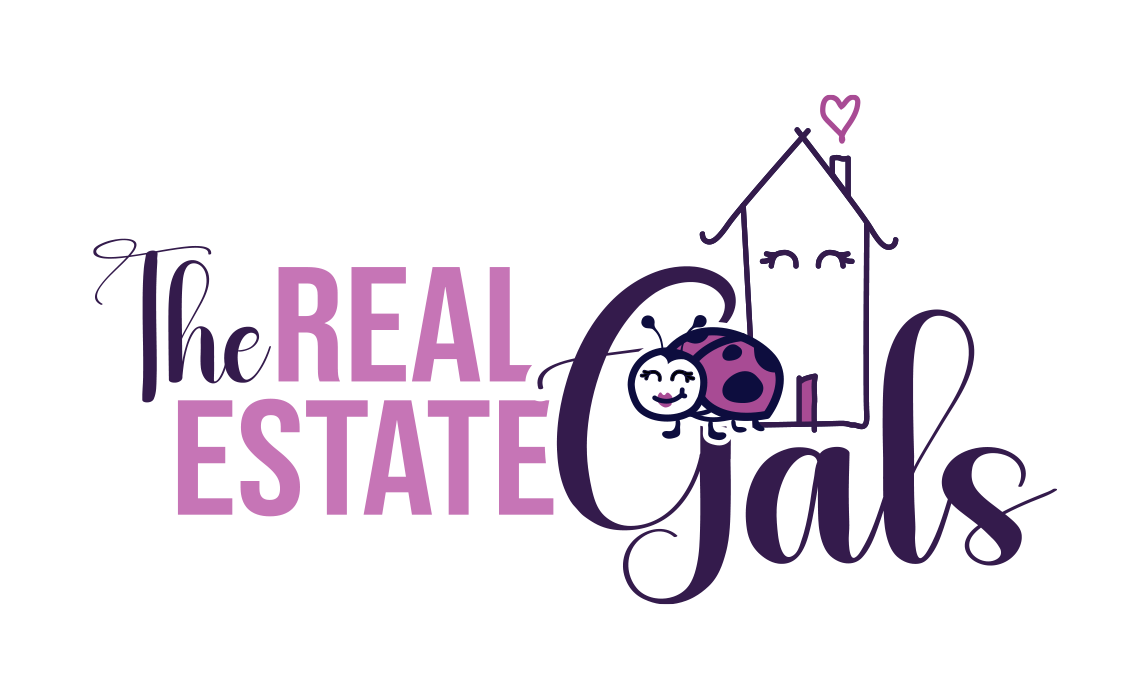Divorce is often a messy and emotional process, marked by the unravelling of a once-intimate relationship. It's not uncommon - with all these feelings swirling about - for one or both parties to label their ex-spouse as a narcissist.
The term "narcissist" is often used casually in everyday conversation, but when it is used in the context of divorce, it takes on a more profound significance. So why do so many people going through divorce label their Ex as a narcissist?
What is Narcissism?
Narcissistic Personality Disorder (NPD) is a psychological condition characterized by an inflated sense of self-importance, a constant need for admiration, and a lack of empathy for others. There are nine traits presented by the Diagnostic and Statistical Manual of Mental Disorders that indicate narcissism; however, only five of these need to be present to be clinically diagnosed as narcissistic:
- A grandiose sense of self-importance (exaggerated achievements, sense of superiority).
- Preoccupied with fantasies of unlimited success, power, brilliance, beauty, or ideal love.
- Believing they are special and can only be understood by, or associated with, other special or high-status people or institutions.
- Needs excessive admiration.
- Has a sense of entitlement.
- Takes advantage of others to achieve their own ends; is exploitive.
- Lacks empathy.
- Is envious of others or believes that others are envious of them.
- Displays vain and arrogant behaviours.
While genuine cases of NPD are relatively rare, the term "narcissist" is often used to describe individuals who exhibit self-centred, manipulative, or egotistical behaviour.
So why does divorce bring out the narcissist label?
1. Coping Mechanism
The divorce process is a challenging one, and a time when we seek ways to make sense of the emotional upheaval we are experiencing. Labelling an ex-spouse as a narcissist can serve as a coping mechanism, giving a sense of order and understanding amid the chaos. By attributing negative traits to our ex, we can find a way to make sense of our pain and justify the decision to end the marriage.
2. Projection of Guilt and Blame
Divorce often involves a complex mix of emotions, including guilt, shame, and blame. By labelling our ex a narcissist we can deflect some of the responsibility and protect our self-esteem. Portraying the other person as inherently flawed or toxic, we can distance ourselves from any perceived wrongdoing and, in turn, feel a sense of moral superiority.
3. Emotional Betrayal
Narcissistic traits, such as a lack of empathy and a focus on self-interest, can be especially hurtful in the context of a romantic relationship. When a marriage breaks down, feelings of betrayal and emotional pain can be overwhelming. Labelling an ex-spouse as a narcissist allows us to better explain the betrayal or hurt we felt during the divorce process.
4. Control and Power Dynamics
Divorce often involves a renegotiation of power dynamics and control. In some cases, one partner may have felt dominated or controlled during the marriage. Labelling the other as a narcissist can be a way to reclaim a sense of control over the narrative, casting the ex-spouse as the antagonist in the divorce story. This can be particularly prevalent in high-conflict and high-profile divorces (like the Depp/Heard trial) where there is a struggle for dominance and control over the proceedings.
5. Post-Traumatic Stress
The emotional toll of divorce can lead to symptoms similar to post-traumatic stress disorder (PTSD). Individuals may find themselves haunted by memories of the relationship, wrestling with trust issues, and experiencing intense emotional reactions to seemingly harmless triggers. Calling your ex a narcissist may be a way to process the trauma of the divorce and make sense of the emotional scars it has left.
6. Professional Validation
To gain closure and support during the divorce process, some may turn to mental health professionals for guidance. A therapist or divorce coach may use the term "narcissist" based on the reported behaviour of one party. This professional validation can reinforce the perception that the ex-spouse is indeed a narcissist, providing a sense of vindication for the individual seeking support.
I’ve met people who genuinely appear to have a narcissistic Ex as defined above. However, 100% of people I meet going through a messy divorce will label their Ex as a narcissist. It’s easy to understand why we do this, whether it’s a coping mechanism, PTSD or another of the reasons described in this post. So, while some individuals may genuinely exhibit narcissistic traits, we should approach such a classification with caution and recognize our perspective might be somewhat tainted.
Divorce is a deeply personal and emotionally charged process, and understanding the complexities involved can pave the way for emotional healing and a healthier life post-divorce.
The information provided on this website does not, and is not intended to, constitute legal advice; instead, all information, content, and materials available on this site are for general informational purposes only. Views expressed are my own. Please consult a lawyer for advice on legal matters.


